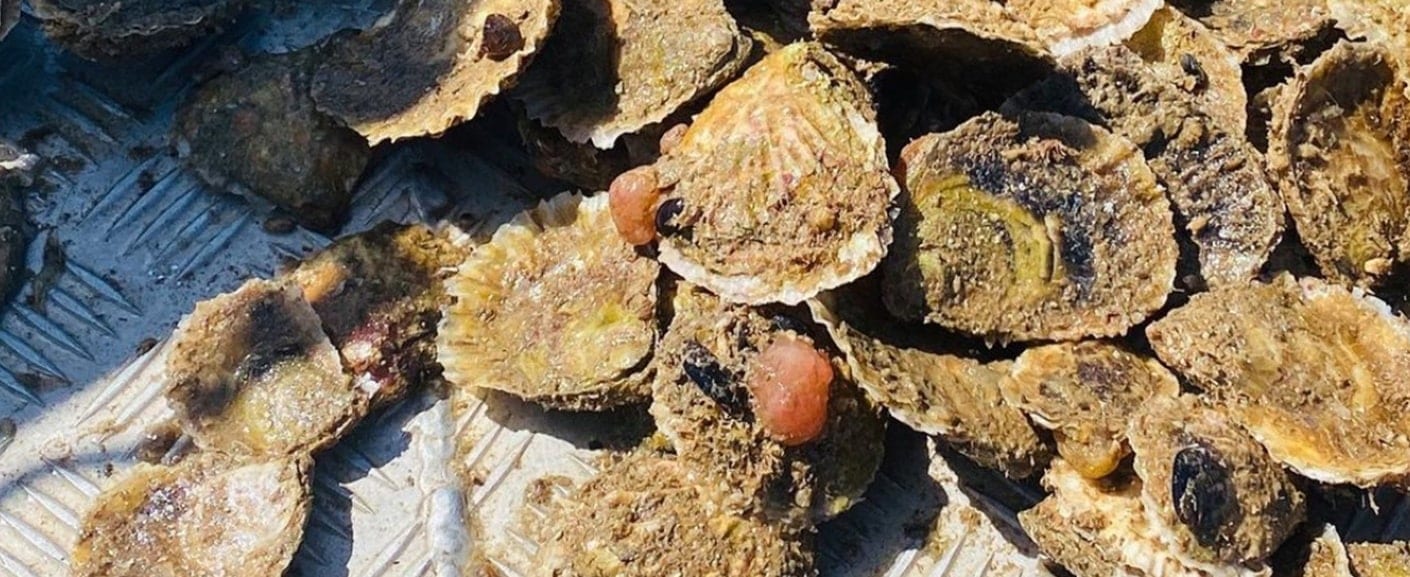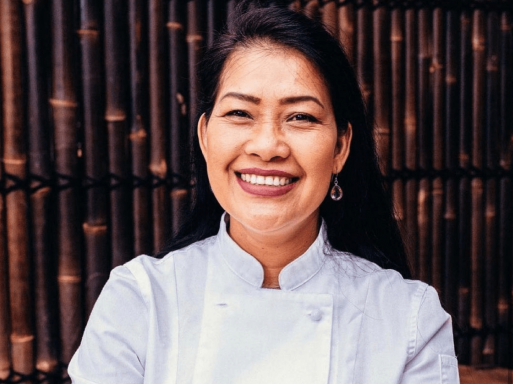After 30 years in the Abalone diving and farming industry in Phillip Island, a devastating virus outbreak decimated the abalone industry, pushing steve to do something else. Steve then left to Morocco to study the aquamarine environment off the Sahara Desert (Yes, there is an amazing ocean outside the dessert with some of the most incredible aquamarine life but we’ll leave this story for another day).
Now, he is back in his Abalone Hatchery in Phillip Island, converting it to Angasi Oysters Hatchery. The most critical part of the Angasi Oysters journey to Flinders.
Angasi Oyster life begin in the Hatchery, where the female oyster produces eggs which are kept under its gills until they are brooded. For 20 days, Angasi larvae is being nurtured 4 different microalgae that Steve grows specifically for his Angasi and feeds it at different stages of its growing. At 4mm size when they had metamorphosed into baby Angasi Oysters, they are ready to be transferred to the Flinders Aquaculture Reserve to complete their journey of 2 years .
Angasi Oyster is native to Australia and slowly diminished from our Aquamarine life due to overfishing. It is large, flat and round in shape with a stronger, deeper and earthier flavour than pacific and rock oysters. It is known as the brother of the prestigious French Belon oyster and is highly sought after.
Like terroir, the Marin Flora and sea currents surrounding the oysters reserve are what ultimately determine the flavour and quality of the oysters. Flinders water is superior and clean which provide perfect environment for growing Angasi. The sea currents coming through into Westernport bay circulate in and out of the bay in 3 days, keeping the bay pristine. The Oyster reserve is being monitored closely providing comprehensive information about the quality of the water, leaving no guesswork for Steve.
Oysters are wonderful for our ocean. They are the trees of the ocean, storing carbon in their shells while each oyster filters 100 litres of ocean water every single day, improving water quality which encourages better life for other species. Their rocky shell structure provides refuge and habitat to small marine life.
Angasi Oyster is seasonal and therefore available for a short time through winter so when you see it, don’t hesitate. This rare delicacy will be available from the end of May through to November and is best enjoyed freshly shucked with a glass of Rose’ according to Steve. Differently to most oysters, this one is to be slowly savoured as its flavour deepens and lingers with every bite.
It is nature’s ultimate winter slow food. Slow grow, rare to find and slowly savoured.
Salut.



